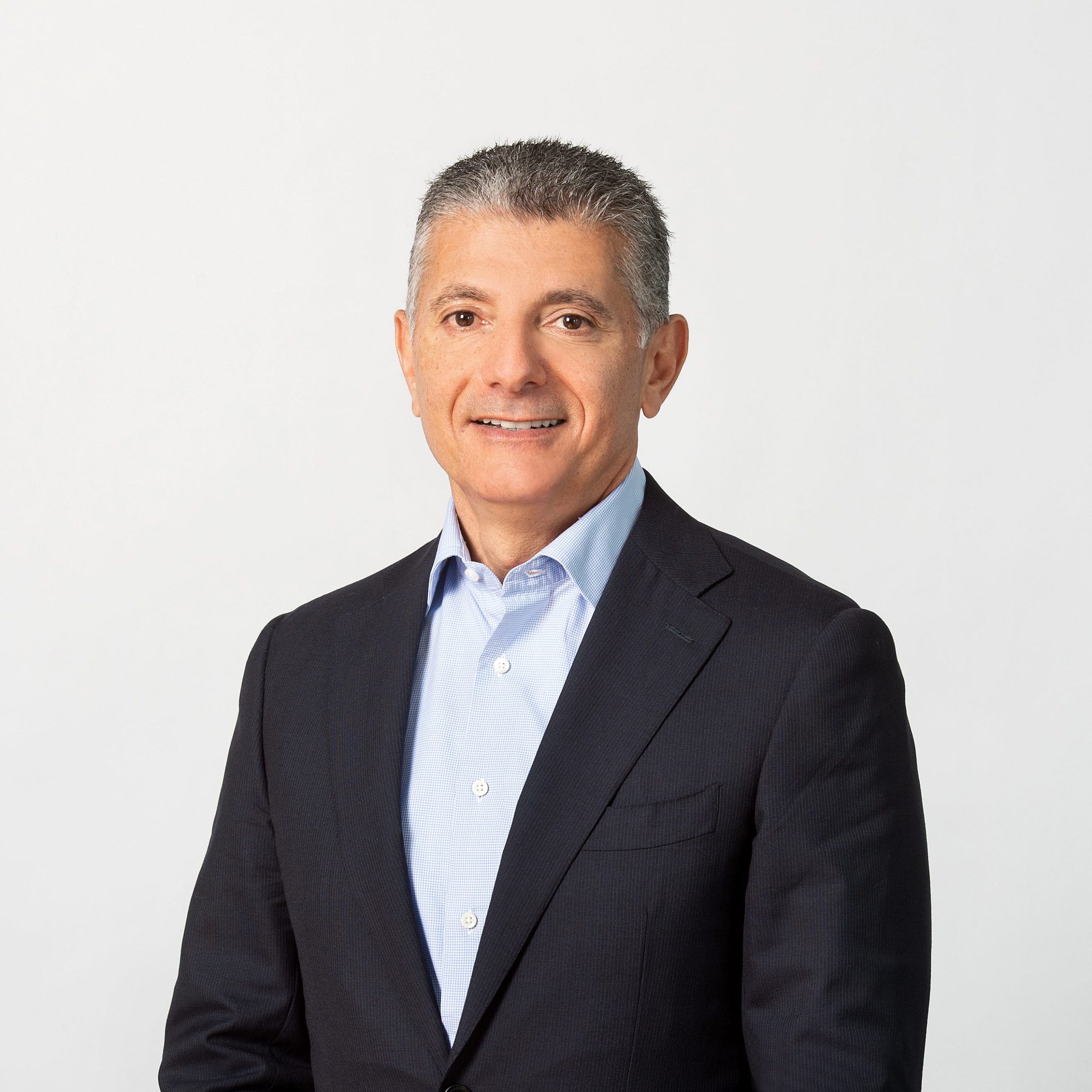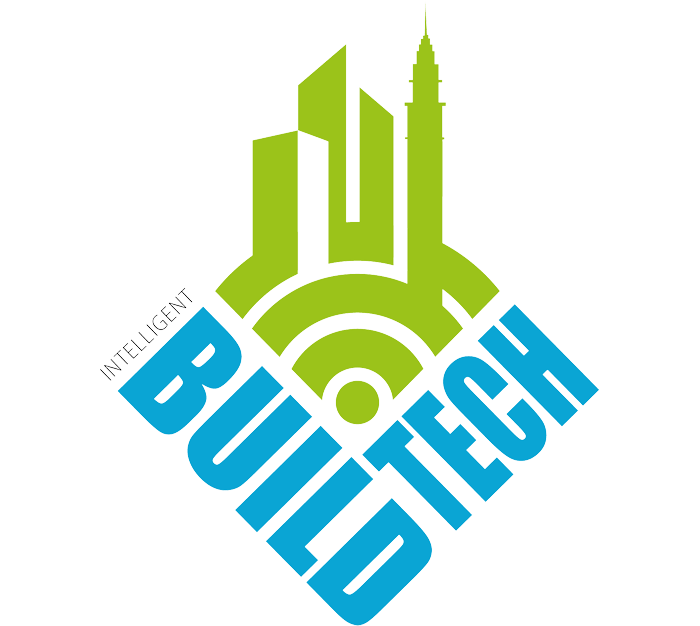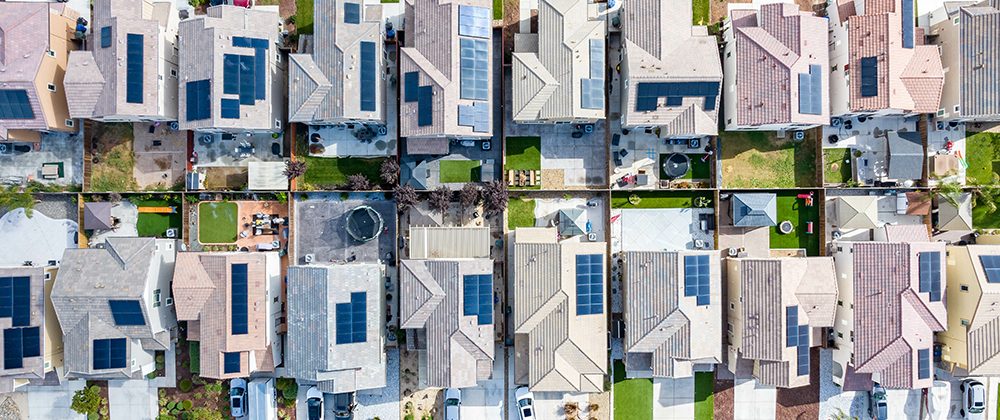In this interview, Mike Mustapha, President of ABB Electrification’s Smart Buildings division, discusses his career milestones, the role of smart buildings in global sustainability, ABB’s innovative energy-efficient projects, and future trends in the industry, offering advice to aspiring professionals looking to impact this dynamic field.

Can you share some key milestones and challenges in your career journey that led you to your current role as President of ABB Electrification’s Smart Buildings division?
I began my career as an application engineer in the United States, where I developed a genuine focus on customer needs. Driven by a passion for building strong partnerships and growing customers’ business, I transitioned to leadership roles at Atlas Copco, spanning the United States, Europe, the Middle East, Africa and Asia. This journey allowed me to develop a global leadership career across diverse industries and regions.
My entrepreneurial spirit led me to establish a business using the Middle East as a base. In this role, I assumed overall accountability for the company across the region.
In 2011, following my dedication to creating robust, highly performing teams, committed to enabling customers’ success and delivering profitable growth, I started my journey at ABB. In 2014, I became the Global Managing Director for the Building Products business unit and in 2018, Head of Global Markets for the Electrification business, responsible for a global organisation with more than 12,000 employees across 80+ markets, a portfolio of over 220,000 products, generating approximately US$13 billion revenues. These exciting steps and global experiences led to my current role as the President of ABB Electrification’s Smart Buildings division.
How do you see the role of smart buildings evolving in the context of global energy transition and sustainability initiatives? What are the key technological advancements driving this evolution?
Buildings account for 40% of energy consumption and 30% of the world’s greenhouse gas (GHG) emissions, which present a huge opportunity for change to ensure a low-carbon future. At the same time, thanks to technological advancement and the ever-increasing expectations from their occupants, both in terms of comfort and sustainability, buildings are becoming more connected and automated, ‘thinking buildings’. And technology is ever evolving with 5G and Artificial Intelligence (AI) opening up further opportunities.
Demands on buildings and electrical grids are changing; just think of the average home or community and the new requirement for electric vehicle (EV) charging. As electrification increases, so must the supporting infrastructure to keep it safe, smart, sustainable and simple for users.
The drive to reduce the carbon footprint of buildings, along with the increasing availability of technologies to measure and optimise energy usage and to integrate renewable sources of energy show that the energy transition is moving at pace now.
With the recent opening of ABB’s new energy-efficient factory in Belgium, what are the main innovative features of this facility, and how do they align with ABB’s broader sustainability goals?
The new factory at Evergem replaces an existing facility and produces power distribution enclosures that serve as protective housings for electrical distribution components such as circuit breakers, fuses, switchgear and meters, ensuring the safe distribution, metering and control of electricity throughout residential, commercial and industrial buildings. This modern injection moulding manufacturing plant has been developed to meet the latest energy-efficiency demands through the installation of new injection moulding machines, digital technologies and automation solutions. Producing smart building components sustainably is important, considering the growing demand for these generally, following the increasing demand for more efficient and reliable electrical systems for new buildings and through the modernisation of existing buildings.
The new plant is part of ABB’s Mission to Zero programme and is expected to reduce CO2e emissions by more than 6,700 tonnes and energy consumption by more than 9,400 MWh annually compared to 2019 at the previous facility. 10% of the energy required at the site will be generated by 1,330 on-site rooftop solar panels, with the remaining sourced from certified green energy supplies. LED lighting, EV chargers, heat pumps, cooling water circuits and a new air ventilation plant are also contributing to the energy and carbon emissions reduction.
Through the Mission to Zero programme, the site at Evergem is supporting ABB’s sustainability commitments to reach net zero GHG emissions in our own operations by 2050 as well as our 2030 commitments which are to electrify our entire vehicle fleet, source 100% of our electricity from renewable energy sources and improve energy efficiency and productivity across our operations.
ABB’s Mission to Zero programme integrates advanced digital technologies like ABB Ability Building Analyser. How do these solutions enhance energy efficiency and operational performance within a facility?
As a cloud-based SaaS solution, ABB Ability Building Analyser tracks building data across occupancy, equipment runtime hours, temperatures and costs as well as utilities (energy, gas, water, steam) in real time. It can extract data from an unlimited number of data points of almost any source and type and display it in one intuitive and easy-to-use interface. It enables the site to continuously monitor and analyse energy usage, for future optimisation opportunities. This, together with other initiatives such as the use of building management systems, green energy and heat pumps, facilitates the reduction of energy consumption as well as CO2e emissions.
What do you foresee as the most significant trends and challenges for the smart building industry over the next decade and how is ABB preparing to address them?
It’s a rapidly growing market. The market size for global electrical enclosures alone is projected to grow from US$7.42 billion in 2024 to US$13.15 billion by 2032, driven by renovation and modernisation as well as new construction and of course developments in electrical distribution, which bring more efficiency and reliability.
So, one challenge is to meet demand while considering more sustainable production. At ABB, we aim to create energy-efficient sites, both new, as is the case at Evergem, or retrofitting the existing ones, to meet accelerating demand for smart building components during the energy transition. We’re designing sites to fulfil future demand, not just current needs and that will provide a training ground and sustainability roadmap for our people and customers. We are combining digital technologies with measures to reduce energy consumption and increase renewable energy sources at multiple sites.
The main challenge is enabling to retrofit millions of existing buildings – each having very different equipment and from different players. Technologies in both residential and commercial buildings need to talk to each other, to interconnect. ABB’s tech is based on open standards and is interoperable. For example, we acquired Eve Systems last year to make us a leading player in Matter and Thread, so we are already working to all these standards.
We address innovation, standardisation, circularity and sustainability with a partnership approach. Keeping pace with new technologies and opportunities such as AI is key and to that end, ABB recently invested in Brainbox AI. The industry needs to consider standardisation (e.g. KNX, Matter) to assure ease of use for customers because, alongside the rapid growth of the sector, we must bring simplicity.
When it comes to circularity and sustainability – we use more sustainable materials and recycling methods, as at our factory for electrical installation products in Porvoo, Finland, where plastic from production side streams is recycled. We also send zero waste to landfills at our Italian production site for ABB residual current devices (RCDs) and energy meters in Santa Palomba, Italy.
We are decarbonising our own built environment through our scalable programme, Mission to Zero, which covers energy generation, energy management and building automation for industrial and commercial operations. To enable a low-carbon society, ABB is committed to reaching net zero by 2050 and partners with customers to avoid emissions and ramp up renewables.
Addressing the world’s challenges and solving customers’ problems and needs is not a solo task. It’s a team sport and again we are ahead here with partnerships with Samsung Electronics and Samsung C&T to drive holistic smart buildings technology. By connecting Samsung’s SmartThings platform and ABB’s smart home solutions for example, residents will be able to use their personal devices to monitor and manage a full spectrum of white goods, as well as gas and smoke detectors, energy management, door entry and comfort systems from a single application.
What inspires you most about your work in the Smart Buildings sector, and what advice would you give to professionals aspiring to make an impact in this field?
Leading the way with advanced technologies to meet customer needs and the importance of a more sustainable, low-carbon society for my children and grandchildren are my main sources of inspiration and motivation. The buildings sector gives me a generous opportunity to make a difference. This market has experienced significant growth driven by key factors such as increasing urbanisation, rising demand for smart and connected devices, increased awareness of decarbonisation efforts, and succeeding building legislation like the Energy Performance of Buildings Directive (EPBD).
Companies like ABB embed sustainability through the very fabric of the organisation. I think this is enormously attractive to potential employees and I am very excited to be a leader in a business that is leading by example. My advice is to look for teams of people with passion and demonstrable potential to have a huge impact on fighting climate change and preserving the earth’s resources for future generations.




